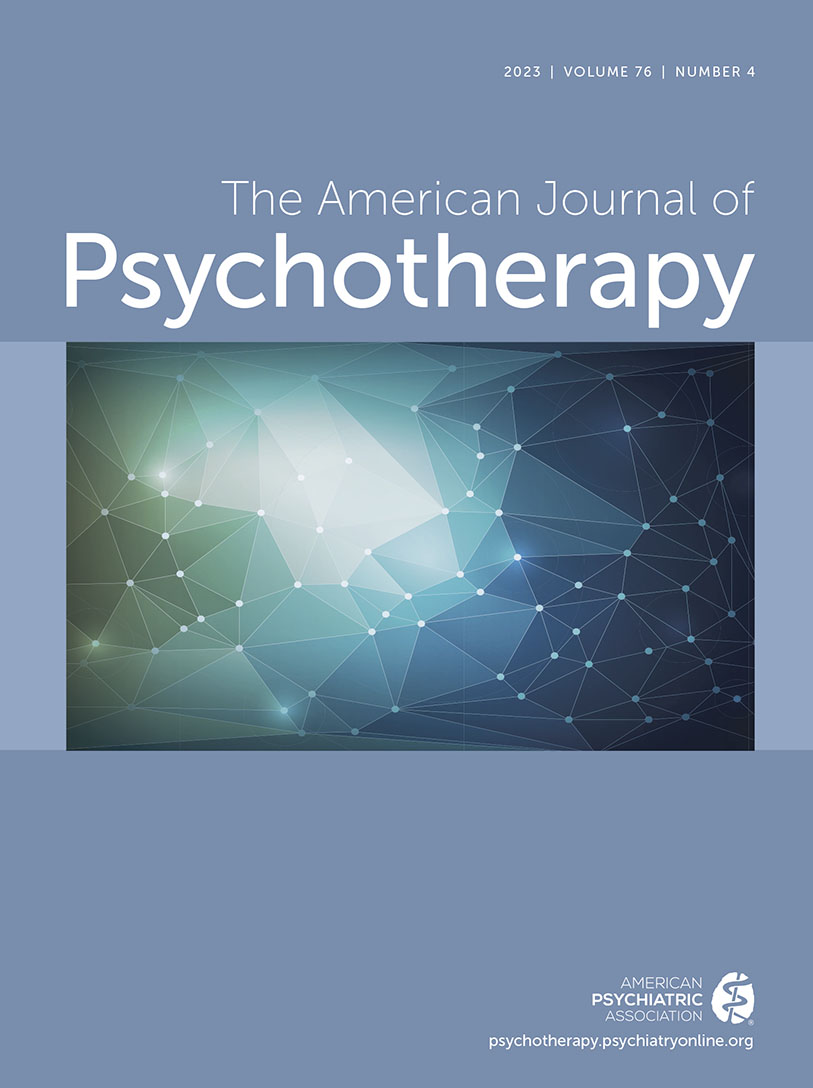Abstract
Objective:
Despite the high prevalence of trauma exposure in the United States and calls for the implementation of trauma-focused psychotherapy training, scant opportunities exist for such training in graduate clinical psychology programs. This study aimed to guide the implementation of trauma-focused psychotherapy training in graduate curricula by examining clinical trainees’ perspectives on their current training and desired features for trauma-specific learning environments. The absence of research that centers trainee voices is notable; therefore, this study specifically focuses on trainee perspectives on implementation.
Methods:
The New Haven competencies, developed by the American Psychological Association to support efforts to improve trauma-specific training, were used as a framework to guide the development of a mixed-methods survey. Current doctoral students (N=18) in one clinical psychology program completed the survey.
Results:
Trainees overwhelmingly perceived the competencies to be relevant to their psychological assessment and therapy training and to their professional goals but noted a general lack of available trauma-specific training. Nearly all trainees believed that trauma-specific training should be required and expressed varied opinions regarding how requirements should be structured. Important features of a safe and supportive learning environment were reported to include coconstructed norms, choice and flexibility for participation, and integrated wellness practices. Further, instructors’ trauma awareness, cultural humility, and responsiveness to students’ experiences were emphasized by trainees as important.
Conclusions:
Effective implementation of trauma-specific psychotherapy training should be guided by ongoing dialogue between trainees and training stakeholders.
Access content
To read the fulltext, please use one of the options below to sign in or purchase access.- Personal login
- Institutional Login
- Sign in via OpenAthens
- Register for access
-
Please login/register if you wish to pair your device and check access availability.
Not a subscriber?
PsychiatryOnline subscription options offer access to the DSM-5 library, books, journals, CME, and patient resources. This all-in-one virtual library provides psychiatrists and mental health professionals with key resources for diagnosis, treatment, research, and professional development.
Need more help? PsychiatryOnline Customer Service may be reached by emailing [email protected] or by calling 800-368-5777 (in the U.S.) or 703-907-7322 (outside the U.S.).



